Apple
Starting this weekend, Apple TV subscribers in America can watch all Formula 1 practice, qualifying, and Sprint sessions, along with races…
The post Formula 1 begins this weekend, exclusively on Apple TV in America appeared first on MacDailyNews.
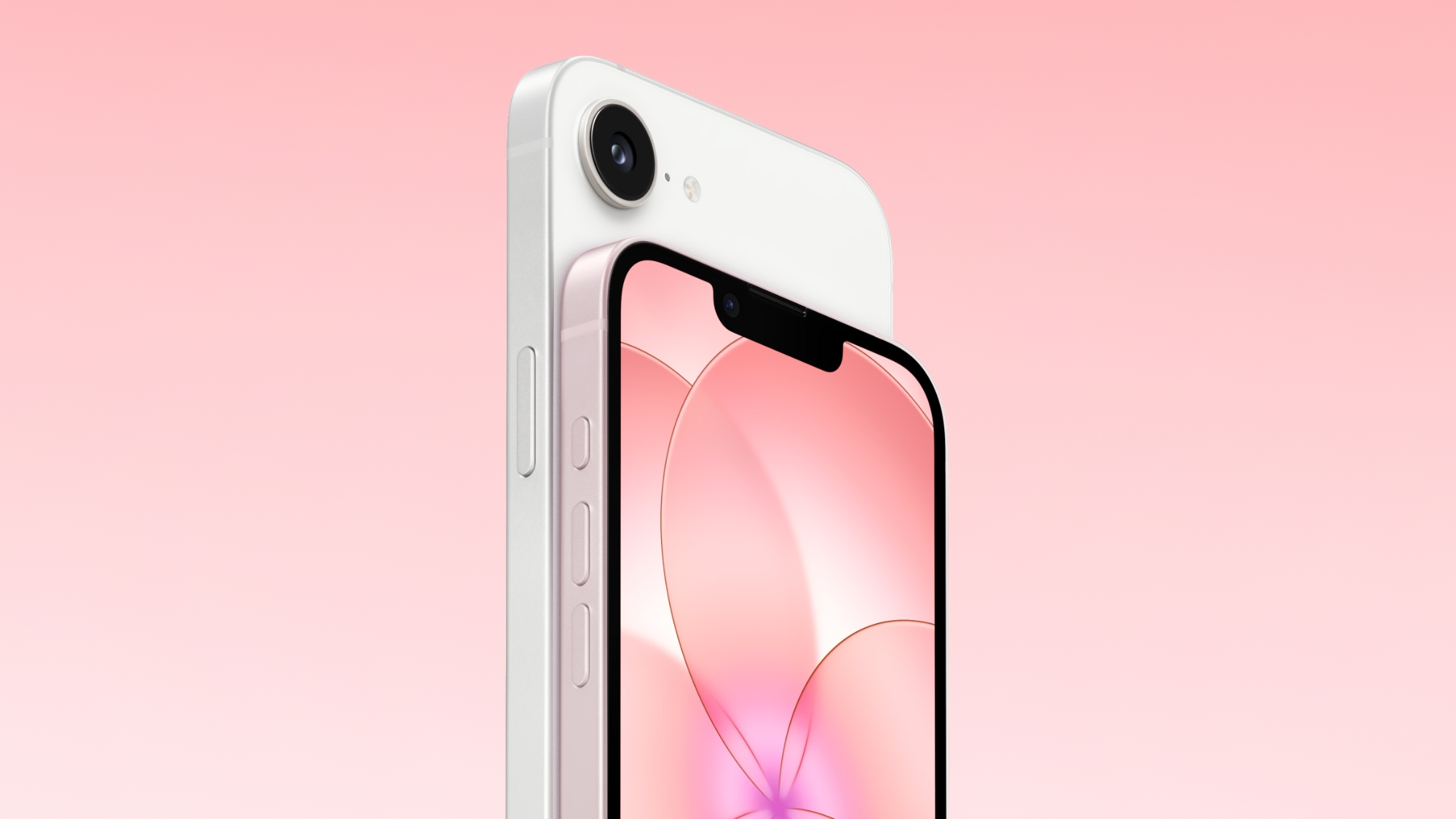
Like the iPhone 16e, the iPhone 17e is equipped with 8GB of RAM, according to the Xcode data. This was the expected amount of RAM, and it is the minimum required for a device to be compatible with Apple Intelligence.
This means both the standard iPhone 17 model and the lower-end iPhone 17e are equipped with the A19 chip and 8GB of RAM. However, the iPhone 17e has a slightly limited 4-core GPU, while the iPhone 17 has a 5-core GPU.
iPhone 17e can be pre-ordered now and launches on Wednesday, March 11.
This article, "iPhone 17e Has 8GB of RAM as Expected" first appeared on MacRumors.com
Discuss this article in our forums
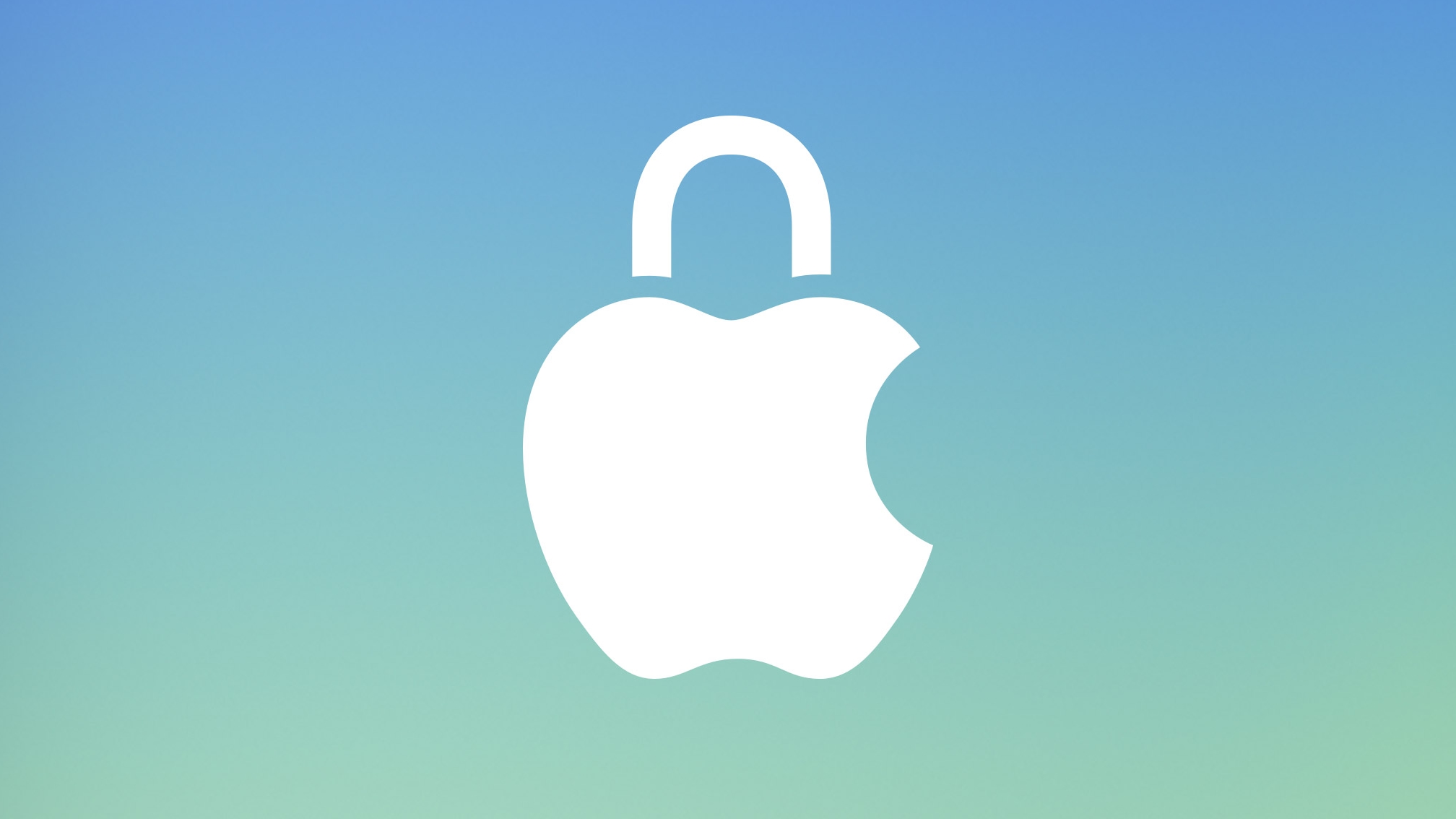
Described as one of the most comprehensive iOS exploit toolkits to have been documented publicly, Coruna targets iPhones running iOS 13.0 through iOS 17.2.1, containing 23 exploits across four years of iOS versions.
According to GTIG, it was first spotted in February 2025, when it was used by a customer of a commercial surveillance vendor. By summer 2025, the same framework appeared in watering hole attacks (where an attacker compromises websites that their intended targets are likely to visit) by a suspected Russian espionage group targeting Ukrainian users.
Then, in late in 2025, a China-based, financially motivated actor deployed it across a large network of fake financial and crypto websites. GTIG said it was unclear how the exploit kit got passed from actor to actor, but that it suggests an active market for "second hand" zero-day exploits.
As for the kit's contents, it's described as extremely well-engineered. When someone visits an infected website, it figures out what kind of iPhone they're using and what software version it's running, then picks the right attack for that specific device. If the user has Apple's Lockdown Mode turned on though, the kit bails – it doesn't even try.
The attack code is scrambled with strong encryption, so it's hard for security researchers to intercept and analyze, and it's packaged in a custom format that the developers apparently invented themselves. The code also includes detailed notes written in English explaining how it all works, and uses attack techniques that haven't been seen publicly before, according to GTIG's analysis.
The kit targets cryptocurrency wallets and financial data, and is capable of hooking into 18 different crypto apps to exfiltrate wallet credentials. The payload can decode QR codes from images on disk, and it also has a module to analyze blobs of text to look for BIP39 word sequences or very specific keywords like "backup phrase" or "bank account." It even scans Apple Notes for typical seed phrases.
Anyone still on iOS 17.2.1 or earlier is potentially vulnerable to the exploit kit, which doesn't work against newer iOS versions, so make sure to update if you can. Otherwise, the takeaway seems to be that Apple's Lockdown Mode is doing its job to ward off such a powerful exploit kit, and that can only be good news for those who enable it.
This article, "This iOS Exploit Kit Has 23 Attacks – But Lockdown Mode Stops It Cold" first appeared on MacRumors.com
Discuss this article in our forums
Following the unveiling of the all-new MacBook Neo, TrendForce forecasts Apple’s notebook shipments will grow 7.7% YoY in 2026, pushing…
The post Trendforce projects MacBook Neo sales of 4–5 million units in 2026 appeared first on MacDailyNews.
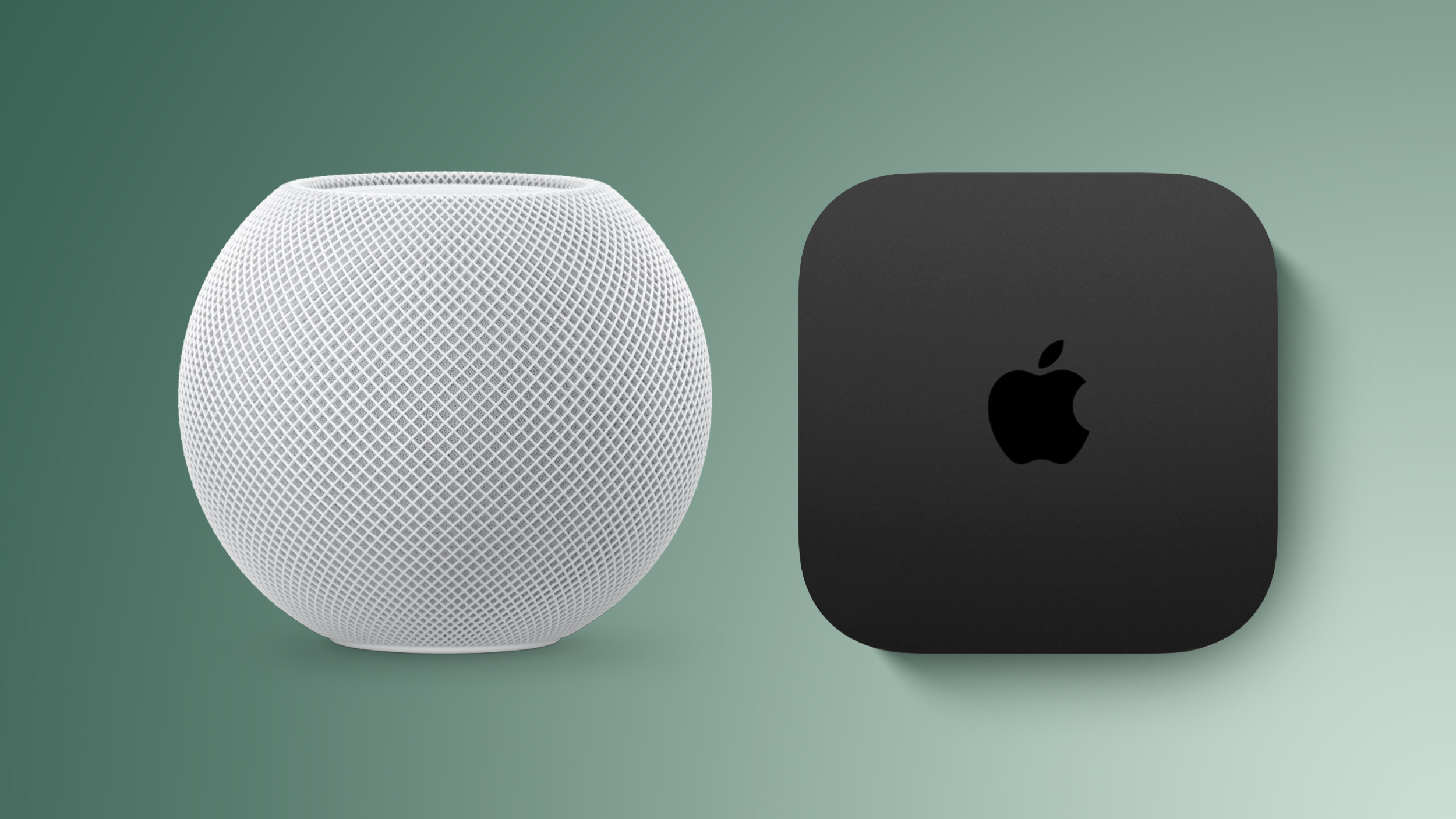
Given that there have been rumors about the next-generation Apple TV and HomePod mini since all the way back in late 2024, some customers are wondering why the devices have yet to launch, and the answer likely relates to Siri.
In September, Bloomberg's Mark Gurman reported that the next Apple TV and HomePod mini would both support the more personalized version of Siri powered by Apple Intelligence. Apple originally aimed to release the revamped Siri last year, but it was pushed back, and the Apple TV and HomePod mini are likely delayed as a result. We suspect that Apple's long-rumored smart home hub is also held up by the Siri delay.
In January, Apple and Google announced that Google Gemini will help power future Apple Intelligence features, including a more personalized Siri coming this year. Apple has yet to provide a more specific timeframe, but Gurman reported that the personalized Siri features are currently slated for either iOS 26.5 or iOS 27.
iOS 26.5 will likely be released in May, following a beta testing period beginning in April. iOS 27 will debut at Apple's annual developers conference WWDC in June, and that update should be released to all users in September. Accordingly, the new Apple TV and HomePod mini might not be announced until April to September this year.
Earlier rumors claimed the next Apple TV would be equipped with the A17 Pro chip, which is the oldest chip that supports Apple Intelligence. The device is also expected to feature Apple's N1 chip for Wi-Fi 7, Bluetooth 6, and Thread.
As for the HomePod mini, it is expected to use an Apple Watch's S9 chip or newer, but it is not entirely clear how that chip would be capable enough to support the revamped Siri powered by Apple Intelligence. Other rumored features include the N1 chip, improved sound quality, a newer Ultra Wideband chip, and a red color option.
The current Apple TV was unveiled in October 2022, while the HomePod mini debuted in October 2020, so both devices are due for upgrades. Hopefully, the more personalized Siri arrives in the next few months, and the two devices follow soon after.
This article, "New Apple TV and HomePod Mini Are Still Missing, Here's Why" first appeared on MacRumors.com
Discuss this article in our forums
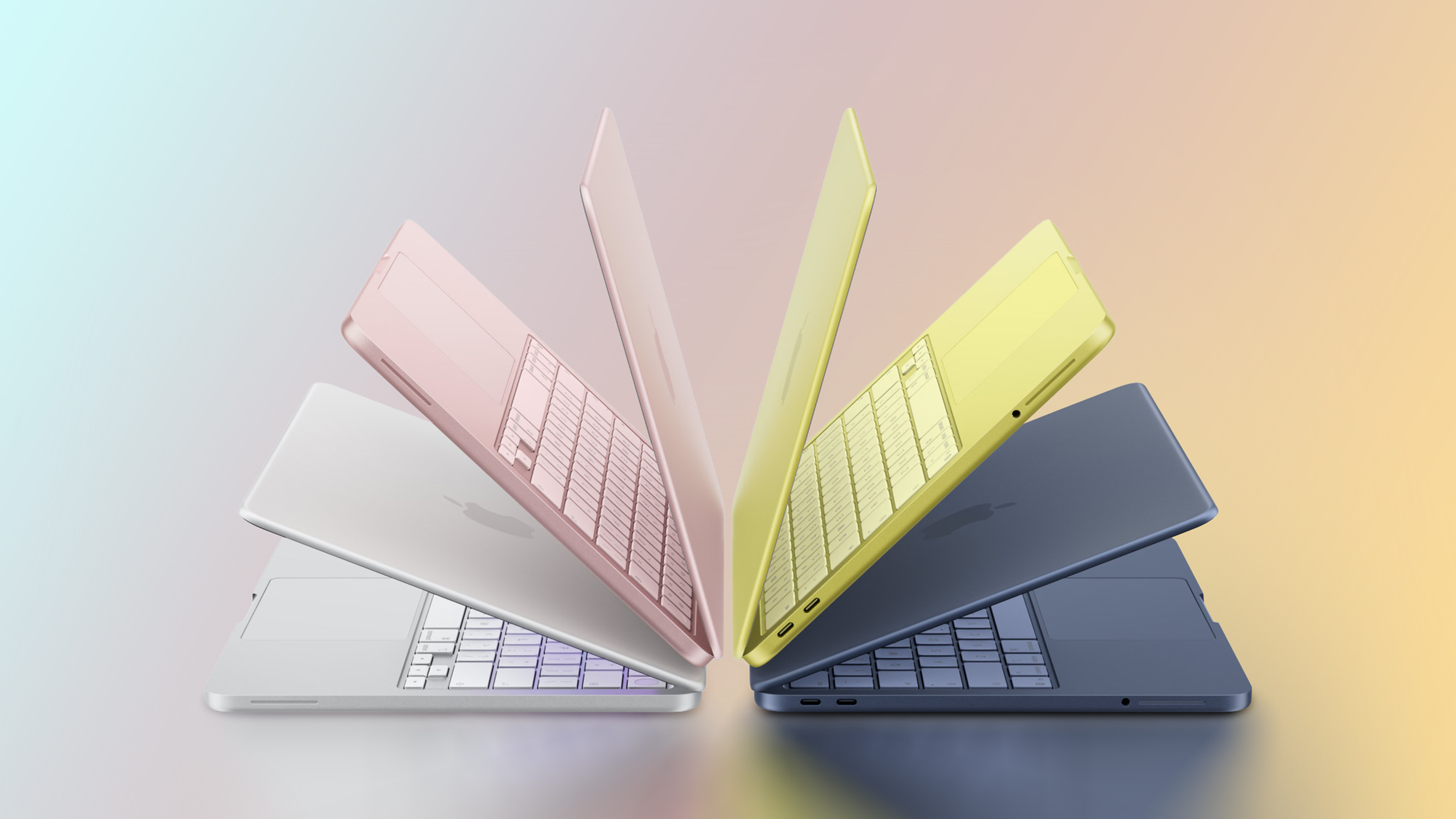
The research firm estimates global notebook shipments will fall 9.2% year-over-year in 2026, with the potential for steeper declines if demand stays weak. Rising memory and CPU costs are said to have pushed most PC makers to pare back their product lines and play it safe with inventory. Meanwhile, Apple is going in the other direction.
Announced on Wednesday with a starting price of $599, the MacBook Neo is targeting the $500-$800 mainstream segment, which is typically dominated by Windows laptops and Chromebooks aimed at education and general productivity users. With an education discount, the Neo's starting price drops to $499 – well below the $1,000 floor that has defined the MacBook lineup for years.
TrendForce projects Apple's notebook shipments will grow 7.7% in 2026, lifting macOS market share to 13.2%. The MacBook Neo alone could account for 4 to 5 million units shipped, according to the firm. That said, the report notes that a deciding factor may be how consumers respond to the 8GB memory configuration, given that Apple doesn't offer a RAM upgrade option.
TrendForce credits Apple's in-house silicon and standardized product specs for Apple's ability to undercut competitors on price just as component costs are rising. Custom Apple silicon chips reduce dependence on external CPU suppliers, while Apple's concentrated memory configurations are said to give the company stronger bargaining power with suppliers. It's a different story for Windows OEMs, which tend to have more fragmented product portfolios that make cost management harder when component costs are volatile.
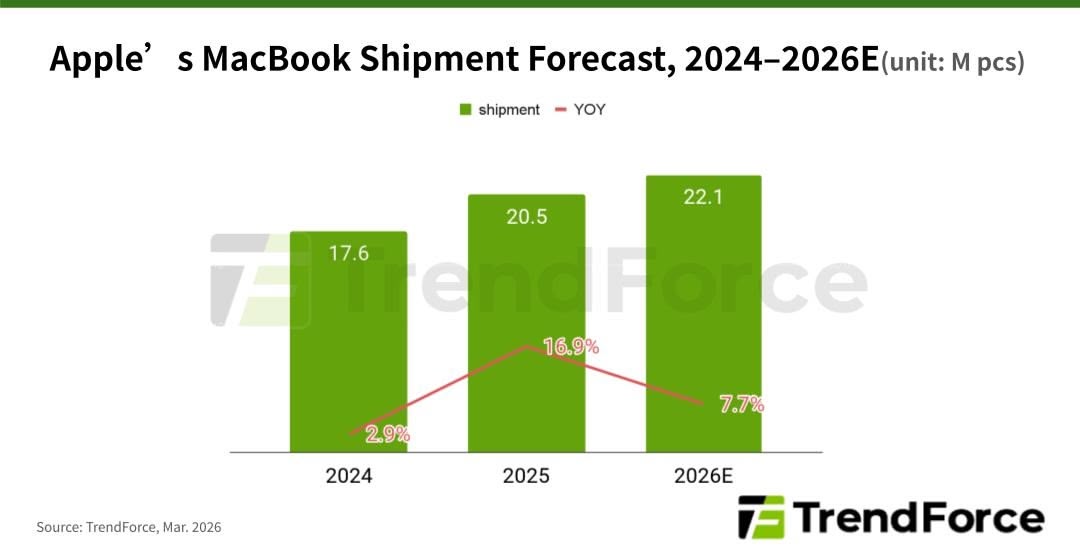
The MacBook Neo launches next Wednesday, March 11. If it manages to gain traction in the entry-level segment, TrendForce claims it could reshape the pricing dynamics across the global notebook market.
This article, "MacBook Neo Expected to 'Reshape' Laptop Market in Major Way" first appeared on MacRumors.com
Discuss this article in our forums
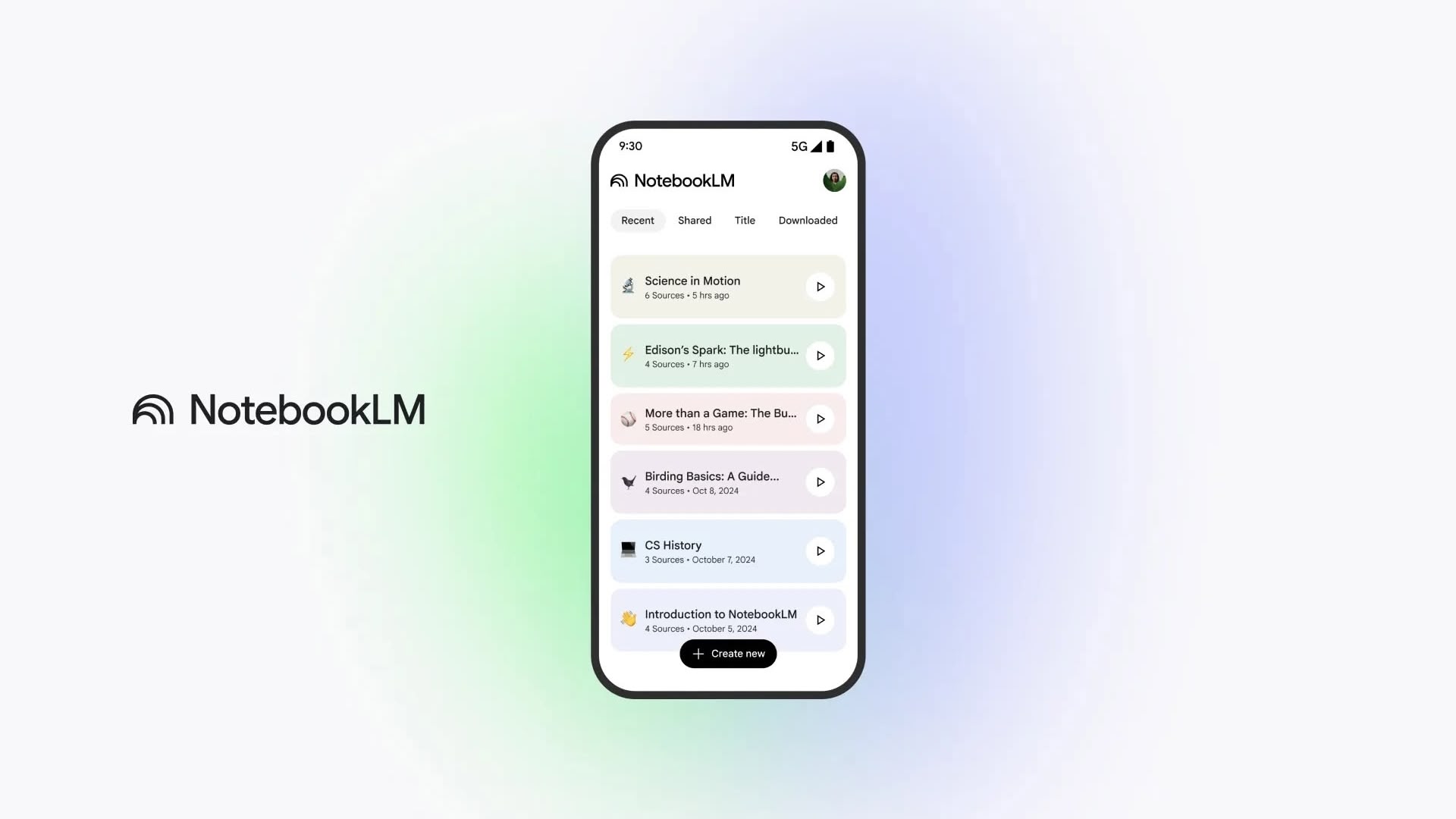
Before now, video overviews were limited to generating slideshows of your research and writing, but the new Cinematic Video Overview feature uses Gemini 3, Nano Banana Pro, and Veo 3 models to generate animated visuals "to help you learn and engage with the topics you care about," says Google.
Google says Gemini acts as a creative director, making hundreds of structural and stylistic decisions to best tell the story with your sources. It determines the best narrative, visual style and format, and also refines its own work to ensure consistency.
Cinematic Video Overviews are available in English for Google AI Ultra subscribers over 18 on web and mobile, and there's a maximum of 20 overviews generated per day. The NotebookLM app is available on the App Store for iPhone and iPad.
This article, "NotebookLM Now Creates Cinematic Video Overviews Out of Your Notes" first appeared on MacRumors.com
Discuss this article in our forums
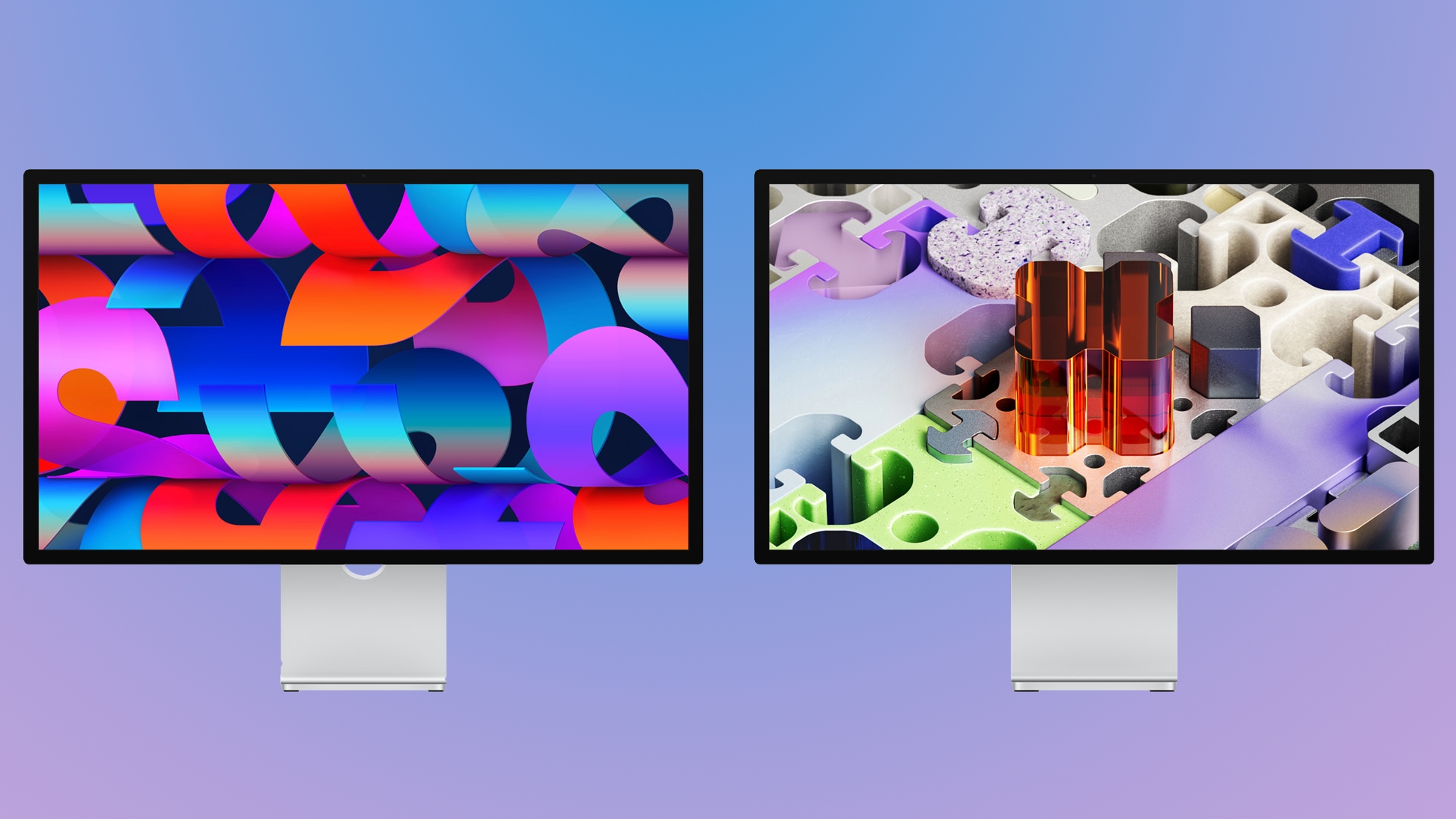
Apple confirmed the compatibility and output limitation with 9to5Mac.
With pricing starting at $1,599, the regular Studio Display runs at 5K with a maximum 60Hz refresh rate. Meanwhile, the all-new 5K Studio Display XDR is capable of up to 120Hz and pricing starts at $3,299.
Apple calls the refreshed Studio Display "the perfect companion to Mac," but if you were planning on using it as an external display for a new MacBook Neo, there are other options available at significantly lower price points – USB-C 4K displays from companies like LG, Dell, and Samsung, for example.
If you still have a Mac with an Intel chip inside, you're not going to want to pick up one of the new Studio Display or Studio Display XDR models either – neither model will work with an Intel-based Mac.
The MacBook Neo has two USB-C ports, but only one supports DisplayPort 1.4 for connecting an external display. To use an external monitor, it must be connected to the correct port, which is the USB 3 port located closest to the rear of the device. The laptop does not support Thunderbolt either, so you can't daisy-chain multiple monitors.
The $599 MacBook Neo and the new Studio Displays are available to pre-order now, with availability beginning on Wednesday, March 11.
This article, "MacBook Neo Compatible With New Studio Displays, But There's a Catch" first appeared on MacRumors.com
Discuss this article in our forums

According to Music Business Worldwide, Apple sent a newsletter to industry partners on Wednesday to explain how it will roll out the new set of metadata.
The system covers four categories including artwork, track, composition (lyrics), and music video. Labels and distributors can begin applying the tags immediately. Apple describes the tags as optional for now, noting that if omitted, no AI is assumed.
Apple said it defers to content providers to determine what qualifies as AI-generated, and that it treats the tags similarly to genres, credits, and other existing metadata. The company describes it as a first step toward industry-wide transparency around AI-generated music.
Proper tagging of content is the first step in giving the music industry the data and tools needed to develop thoughtful policies around AI," Apple said in the newsletter, "and we believe labels and distributors must take an active role in reporting when the content they deliver is created using AI."Apple's approach contrasts with the route taken by competitors like Deezer, which has built its own detection infrastructure to independently identify AI-generated tracks, but it's not 100% accurate all the time.
Deezer reports that it receives over 60,000 fully AI-generated tracks per day, with synthetic content now accounting for roughly 39% of all music delivered to the platform. Up to 85% of streams on AI-generated music were fraudulent in 2025, according to Deezer's data.
With Apple's tags, there isn't a visible enforcement or cross-verification process in place. The system is completely voluntary, or at least it is for now. Whether labels and distributors will actually use it remains to be seen.
This article, "Apple Music Rolling Out Disclosure Tags for AI-Made Songs" first appeared on MacRumors.com
Discuss this article in our forums
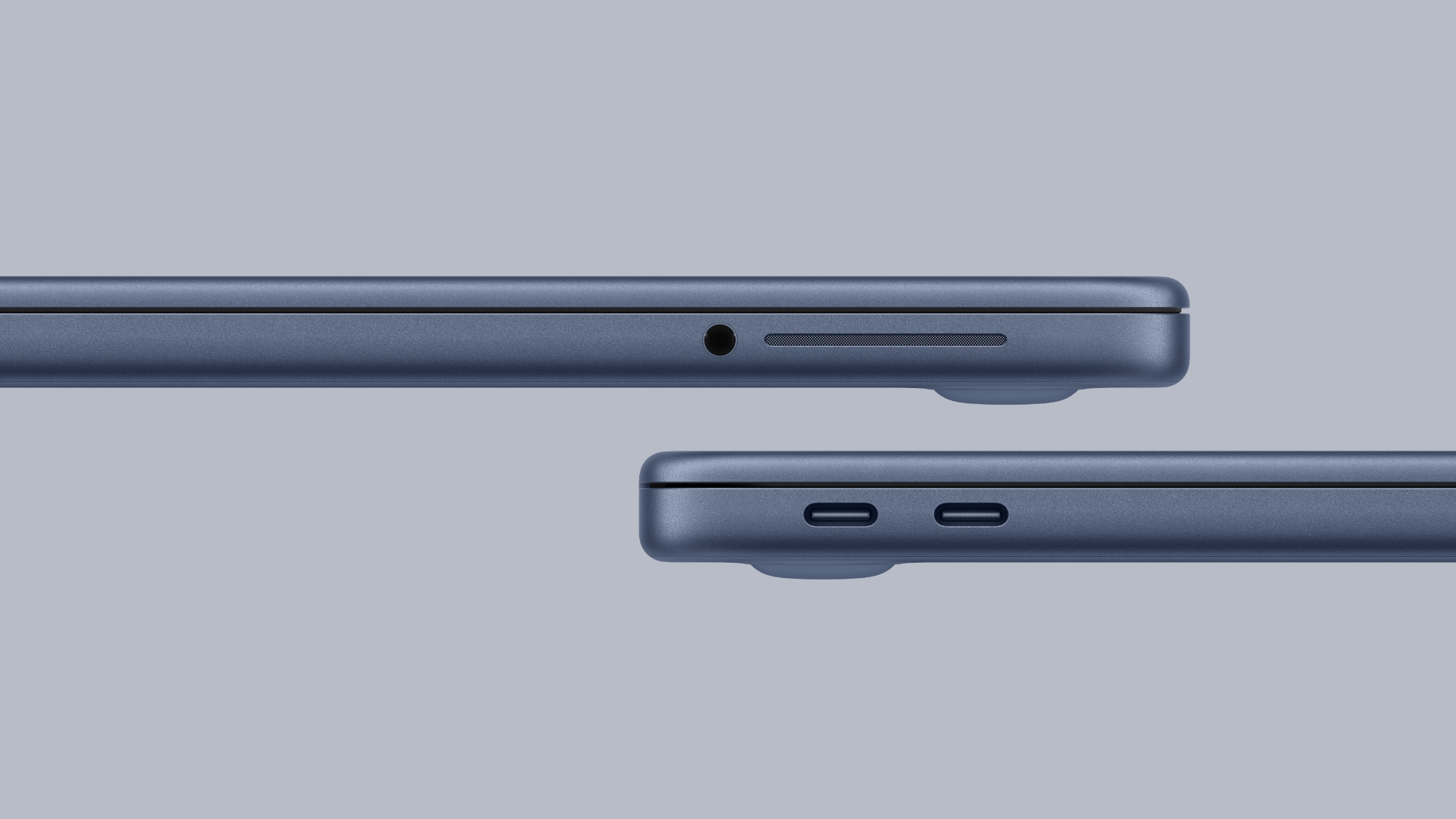
Given the ports are not labeled, this limitation could be an inconvenience. Fortunately, though, Daring Fireball's John Gruber said if you plug an external display into the incorrect port, macOS will alert you to use the other port.
Apple says the MacBook Neo supports one external display with up to 4K resolution at 60Hz.
If you want to learn more about which features and specs you have to live without if you buy a MacBook Neo, read our in-depth list of compromises.
MacBook Neo is available to pre-order now, with U.S. pricing starting at $599 ($499 for college students). The laptop launches Wednesday, March 11.
This article, "macOS Will Alert You to MacBook Neo's USB-C Port Limitation" first appeared on MacRumors.com
Discuss this article in our forums

If you need a power adapter, you must purchase one separately during checkout or later.
In all other countries, Apple includes a charger in the box with these Macs, at no additional cost. In the U.S., for example, the MacBook Neo ships with Apple's 20W USB-C Power Adapter (sold separately for $19), while the 16-inch MacBook Pro comes with Apple's 140W USB-C Power Adapter (sold separately for $99).
Apple includes a USB-C or MagSafe 3 charging cable with all of the new MacBooks sold worldwide.
This article, "Apple Does Not Include a Charger With All New MacBooks in UK and EU" first appeared on MacRumors.com
Discuss this article in our forums
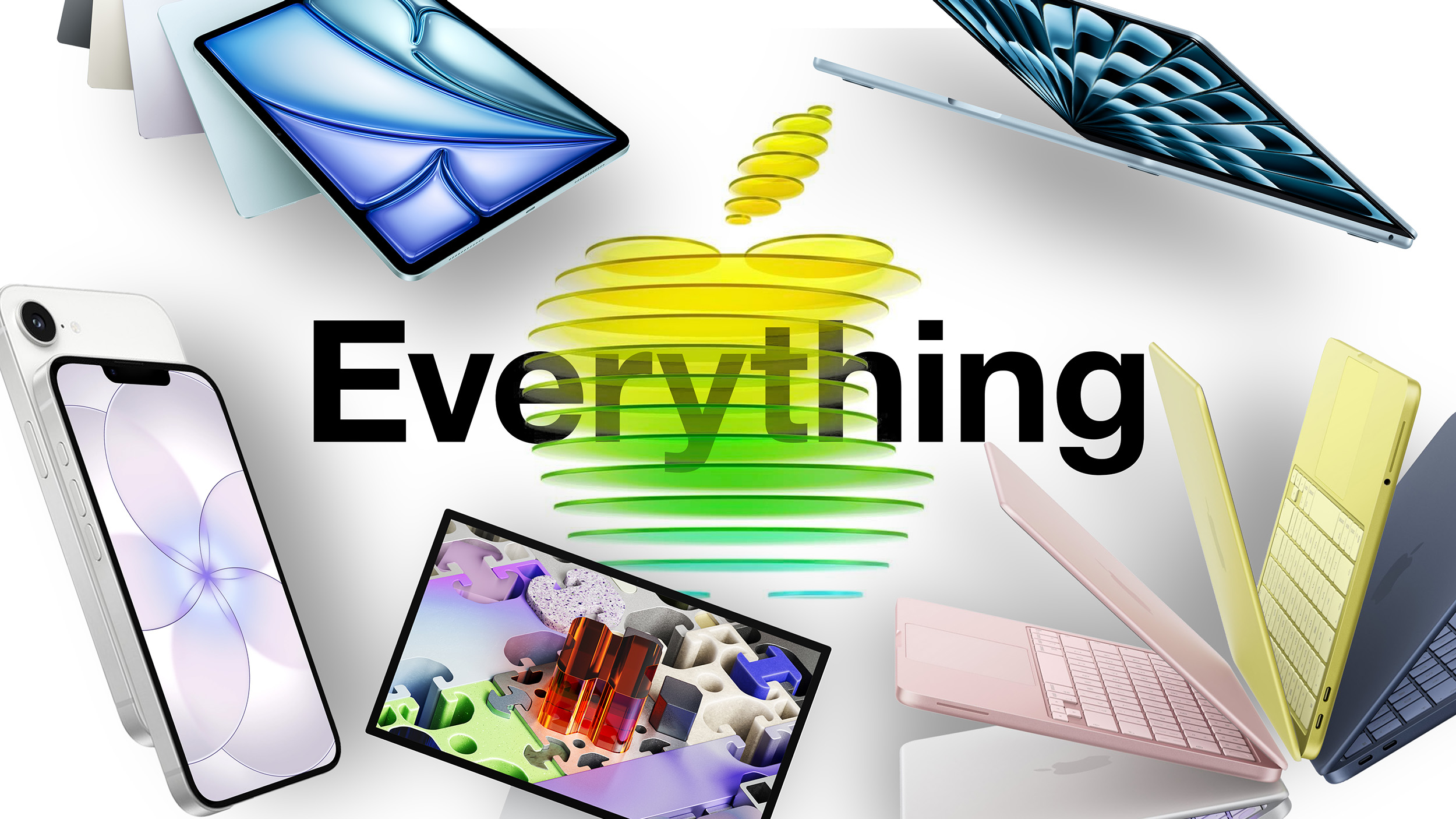
We've rounded up all of our coverage from this week in case you missed any of the product announcements or details.
MacBook Neo
- Apple Announces $599 'MacBook Neo' With A18 Pro Chip
- Hello, MacBook Neo: Apple Showcases All-New $599 MacBook in Videos
- Want Touch ID on the MacBook Neo? It'll Cost You $100 Extra
- MacBook Neo Features Two Different USB-C Ports
- MacBook Neo Starts at Just $499 for Students
- MacBook Neo Has Just 8GB RAM With No Upgrade Option
- MacBook Neo Can Only Drive One External Display at 4K 60Hz
- MacBook Neo vs. MacBook Air Buyer's Guide: 40 Differences Compared
- Hands-On With the New MacBook Neo
- 20+ MacBook Neo Compromises: What You Give Up for Apple’s Cheapest Mac
iPhone 17e
- Apple Announces iPhone 17e With A19 Chip, MagSafe, and More
- iPhone 17e Comes in These Three Colors
- iPhone 17e Now Features 256GB Base Storage
- iPhone 17e Solves iPhone 16e's Biggest Limitation
- iPhone 17e: Smaller Details You Might Have Missed
- Get an iPhone 17e at No Cost With First Pre-Order Deals From T-Mobile and Verizon
iPad Air
- Apple Unveils iPad Air With M4 Chip, Increased RAM, Wi-Fi 7, and More
- First M4 iPad Air Benchmarks Surface
Studio Display
- Apple Introduces All-New Studio Display XDR: 120Hz, Mini-LED, and More
- Apple Updates Studio Display With Thunderbolt 5 and More
- Apple Discontinues Pro Display XDR and $999 Stand
- These Macs Can't Run the Studio Display XDR at 120Hz
- New Apple Studio Display and Studio Display XDR Don't Support Intel Macs
- Apple's New Studio Display Boxes Designed to Fit in Your Recycle Bin
- New Studio Display and Studio Display XDR Will Have Day One Firmware Update
- Apple’s Two New Studio Display Models Feature Different Chips
MacBook Pro
- Apple Unveils MacBook Pro Featuring M5 Pro and M5 Max Chips With New Fusion Architecture
- Apple Debuts M5 Pro and M5 Max Chips
- Apple Removes 512GB Storage Option From M5 MacBook Pro, Drops SSD Upgrade Prices
MacBook Air
- Apple Announces MacBook Air With M5 Chip and 512GB Base Storage
- New M5 MacBook Air and MacBook Pro Get First Pre-Order Offers From Best Buy
Accessories
Other News
- Apple Changes Trade-In Values for iPhones, Macs, and More
- Apple Opens Pre-Orders for MacBook Neo, iPhone 17e, M5 Pro/Max MacBook Pro, New Studio Displays and More
More Coverage
Apple CEO Tim Cook shared a wrap-up post on social media, and with pre-orders now live for all of the new products, we're not expecting any additional announcements this week.
Everything Apple announced this week will be launching on Wednesday, March 11, and we'll have more in-depth coverage and reviews of what's new.
This article, "Apple's Biggest Week of 2026: Details on Every New Product Announced" first appeared on MacRumors.com
Discuss this article in our forums
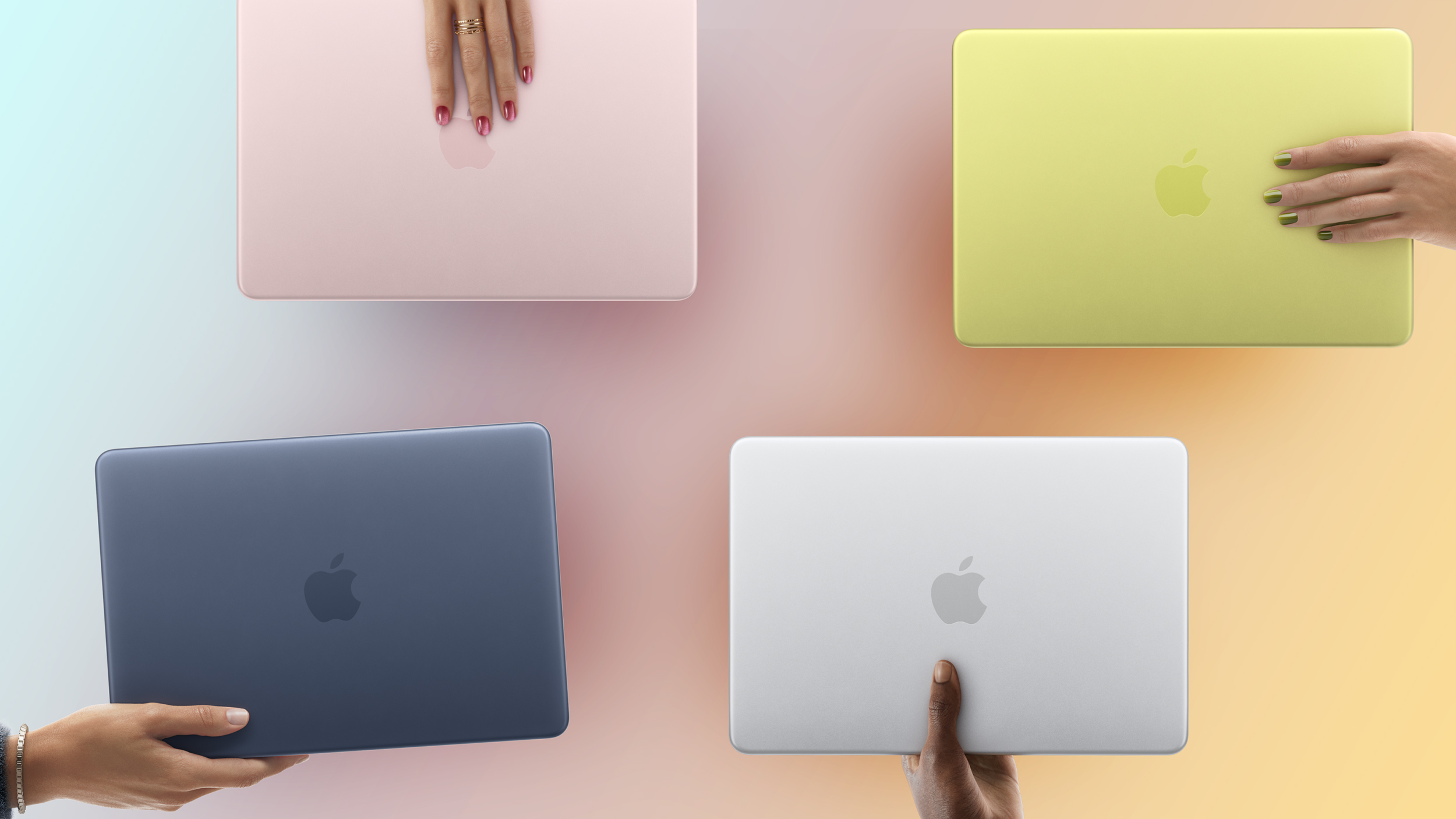
To offer a Mac at such a low price, Apple had to make some compromises, and there are some features that the MacBook Neo is lacking compared to the next most expensive Mac notebook, the MacBook Air.
Processor
- A18 Pro Chip - Apple is using an A-series chip instead of an M-series chip in the Neo. It has the A18 Pro chip that Apple debuted in the iPhone 16 Pro, but it is a binned version. It has a 6-core CPU and a 5-core GPU, while the iPhone 16 Pro chip had a 6-core CPU and a 6-core GPU.
- RAM - The MacBook Neo has 8GB RAM with no option to pay for more. All other Macs start with 16GB. It still supports Apple Intelligence, because 8GB is the minimum for it.
- Memory bandwidth - Apple's chips use unified memory that's available to the CPU and GPU. Memory bandwidth in the Neo is 60GB/s, less than half that of the MacBook Air.
- Storage - The MacBook Neo starts with 256GB of storage, and there's only a single 512GB upgrade. Other Macs support much higher capacity SSDs.
- Wi-Fi - The MacBook Neo has Wi-Fi 6E, but not Wi-Fi 7 because Apple did not include its new N1 networking chip.
Battery and Charging
- Battery capacity - The MacBook Neo is almost the same size as the MacBook Air, but it has a shorter battery life. It lasts for up to 16 hours when streaming video, while the MacBook Air lasts for up to 18 hours. The battery has a 36.5-watt-hour capacity, while the MacBook Air has a 53.8-watt-hour battery.
- Battery size - Since the MacBook Neo is thicker than the MacBook Air, it has even more room for a battery, but Apple didn't max out on battery life, which is likely a cost cutting measure. Apple is using older battery technology or a smaller battery. Battery life should theoretically be even longer because the A18 Pro chip doesn't draw as much power as the M5.
- No MagSafe - The MacBook Neo is limited to USB-C charging, and it does not include a MagSafe port.
- No fast charging - Apple ships the MacBook Neo with a 20W power adapter, and there is no mention of fast charging support.
Ports
- USB-C - There are two USB-C ports, one that's USB 3 and one that's USB 2. The USB3 port supports DisplayPort 1.4 and up to 10Gb/s transfer speeds, but the USB 2 port is limited to 480Mb/s.
- Display support - The MacBook Neo only supports a single external display at 4K 60Hz, though it may be possible to connect another with a third-party DisplayPort adapter.
- No Thunderbolt - There are no Thunderbolt ports on the MacBook Neo because Thunderbolt is not supported.
- No Studio Display - Since the Neo does not have Thunderbolt and is limited to 4K displays, it is not compatible with the Studio Display.
Design
- Display size - The MacBook Neo has a 13-inch display size, so it is Apple's smallest Mac notebook. The MacBook Air has a 13.6-inch display.
- Bezels - There is no notch on the Neo, but it does have thick iPad-style bezels at the top, bottom, and sides of the display. The bezel hides the FaceTime camera.
- Thickness - The Neo is just a little smaller than the MacBook Air when it comes to length and width, but it is thicker at 0.50 inches (vs 0.44 inches for the MacBook Air).
Display
- No True Tone - The MacBook Neo does not support True Tone, which is the white balance feature that adjusts the temperature of the display to match the ambient lighting in the room, making it easier on the eyes.
- No P3 Wide color - sRGB is supported, but P3 Wide color is not, so the MacBook Neo won't have colors that are as true to life as other Mac notebooks.
- No ProMotion - Unsurprisingly, the MacBook Neo is limited to a 60Hz refresh rate and it does not support ProMotion.
Trackpad and Keyboard
- Backlighting - There is no backlight for the keyboard.
- Touch ID - Touch ID is not included with the base 256GB model, but you can get it by paying an extra $100 for the 512GB model.
- Trackpad - There isn't a Force Touch trackpad, with Apple instead adopting a less complicated physical Multi-Touch trackpad. The button on the trackpad is an actual button, rather than a virtual button with haptic feedback. There is no pressure-sensing feature, Force clicks, or pressure-sensitive drawing option.
Speakers and Camera
- FaceTime Camera - The MacBook Neo has a 1080p FaceTime HD camera like older Macs rather than the newer 12-megapixel Center Stage camera Apple has been adding to its newer models. There is no Center Stage or Desk View.
- Camera light - There's no little light to alert you when the MacBook Neo camera is on, with Apple instead displaying a warning on the menu bar.
- Speakers - The MacBook Neo has a dual-speaker sound system with speakers that are on the outer sides of the device. The MacBook Air has a four-speaker sound system with richer sound, but both the Neo and the Air support spatial audio.
- Microphones - There are only two microphones, but Voice Isolation and Wide Spectrum are still supported for better clarity for calls.
- Headphone jack - There's a 3.5mm headphone jack, but it does not have support for high-impedance headphones.
MacBook Neo Pros
Even though the MacBook Neo has a simplified feature set compared to other Mac models, the price can't be beat. $599 for a Mac is an incredible deal, and the A18 Pro chip is more than adequate for daily use and the type of work that students do.
It's not the best choice for 3D rendering, running local AI models, video editing, or similar creative tasks, but it will do those things at a basic level. It's an ideal MacBook for anyone who doesn't need more than a machine for web browsing and other light work, and it will do everything an iPhone can do. These days, that's quite a bit.
For more on the differences between the MacBook Neo and the MacBook Air, we have a dedicated comparison guide.
The MacBook Neo is available for pre-order now, and it is set to launch on Wednesday, March 11.
This article, "20+ MacBook Neo Compromises: What You Give Up for Apple's Cheapest Mac" first appeared on MacRumors.com
Discuss this article in our forums
Apple has previously offered more affordable products, such as the $329 and $349 iPad models as well as the former $429 iPhone SE…
The post Apple’s MacBook Neo offers premium build quality at a remarkably lower price appeared first on MacDailyNews.

The firmware reveals that the second-generation Studio Display is equipped with an A19 chip, while the Studio Display XDR has an A19 Pro chip, according to code reviewed by MacRumors contributor Aaron Perris. Rumors had mentioned either the A19 chip or the A19 Pro chip, and it turns out that the two chips are split across the two models.
The original Studio Display from 2022 is equipped with an A13 Bionic chip, which is something that Apple advertised. Apple said the chip enables features such as Center Stage camera framing, Spatial Audio, and "Siri" and "Hey Siri" voice activation for Siri. Apple introduced the A13 Bionic chip in the iPhone 11 series in 2019.
Introduced across the iPhone 17 and iPhone Air models last year, the A19 and A19 Pro chips are much newer. These chips likely help to drive the improved speakers in both new Studio Display models, and they likely enable the camera's Desk View feature, which can show your face and an overhead view of your desk at the same time.
In both new Studio Displays, Apple says the six-speaker sound system delivers 30% deeper bass compared to the previous generation.
It is unclear exactly why the Studio Display XDR has a higher-end A19 Pro chip, but it certainly tracks with this model having more powerful features, such as a 120Hz refresh rate, mini-LED backlighting, and increased brightness.
We will learn more about the new Studio Displays and the hardware inside of them through upcoming reviews and teardowns.
Both new models can be pre-ordered now and launch on Wednesday, March 11.
This article, "Apple's Two New Studio Display Models Feature Different A19 Chips" first appeared on MacRumors.com
Discuss this article in our forums
Annie Weisman, creator of "Physical" and "Imperfect Women," has signed a new multi-year first-look deal with Apple TV…
The post ‘Physical’ and ‘Imperfect Women’ creator Annie Weisman inks first-look deal with Apple TV appeared first on MacDailyNews.
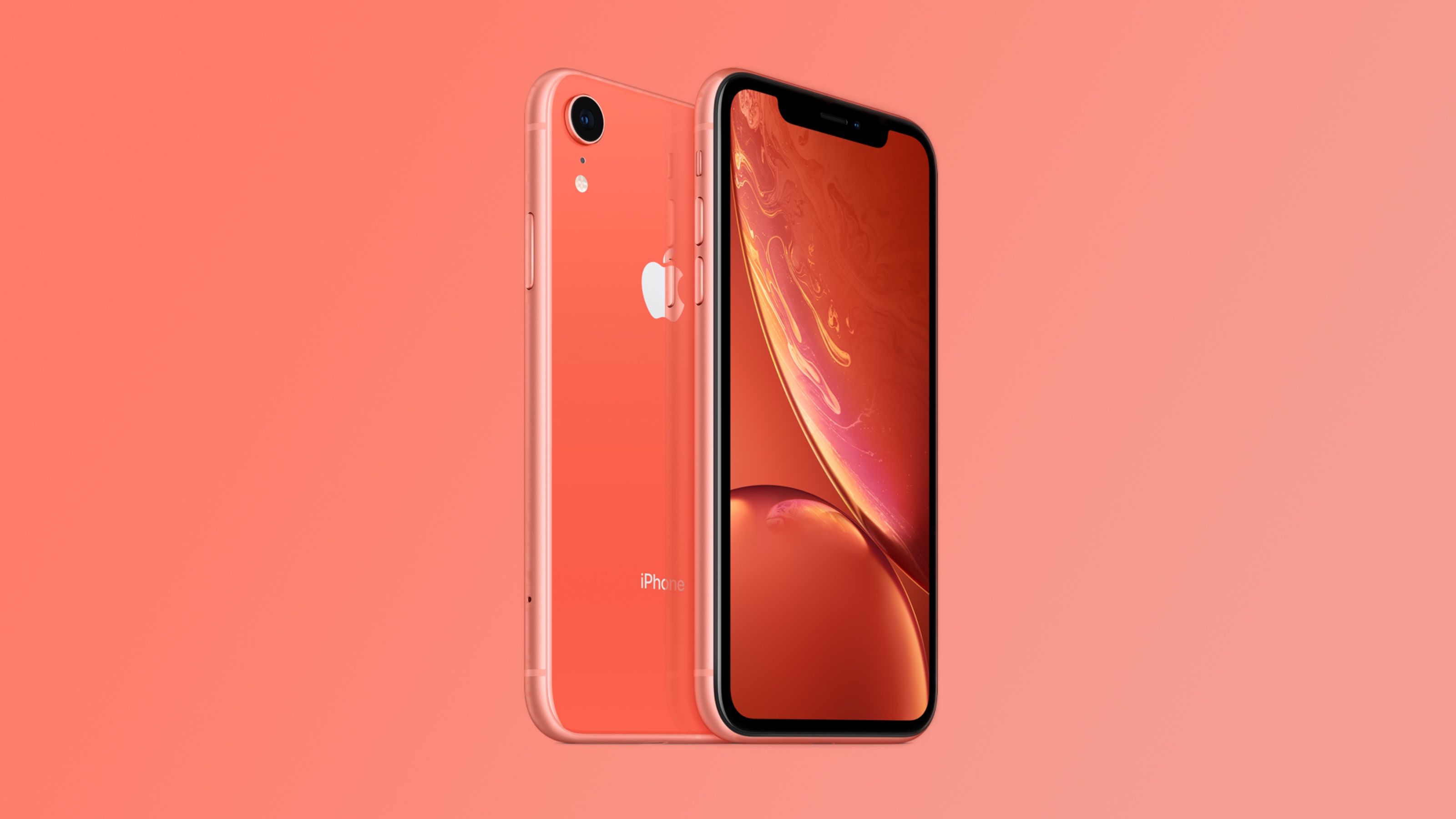
According to Apple's release notes, the update fixes an issue that was preventing the iPhone XS and iPhone XR from properly connecting to emergency networks in Australia.
- This update addresses a mobile network issue for iPhone XS models and iPhone XR when establishing a connection to emergency services in Australia.
Australian mobile network operators have been improving support for emergency calling on their networks, which has led to a host of problems with older iPhones connecting to emergency situations in some situations. Apple has released several updates to address the problem, including iOS 16.7.4 and iOS 26.2.1.
Some of Apple's updates exacerbated the issue, and Apple ended up temporarily pulling iOS 18.7.4, iOS 16.7.13, iOS 15.8.6, and iOS 12.5.8 back in December. Since then, additional updates have been released to further fix the emergency calling bugs, including the new iOS 18.7.6. update.
This article, "Apple Releases iOS 18.7.6 to Address Australia Emergency Call Issue" first appeared on MacRumors.com
Discuss this article in our forums
Apple's MacBook Neo, priced at $599 (or an irresistible $499 for education buyers), isn't a threat to the MacBook Air, it's the perfect…
The post Apple’s MacBook Neo will supercharge MacBook Air sales appeared first on MacDailyNews.
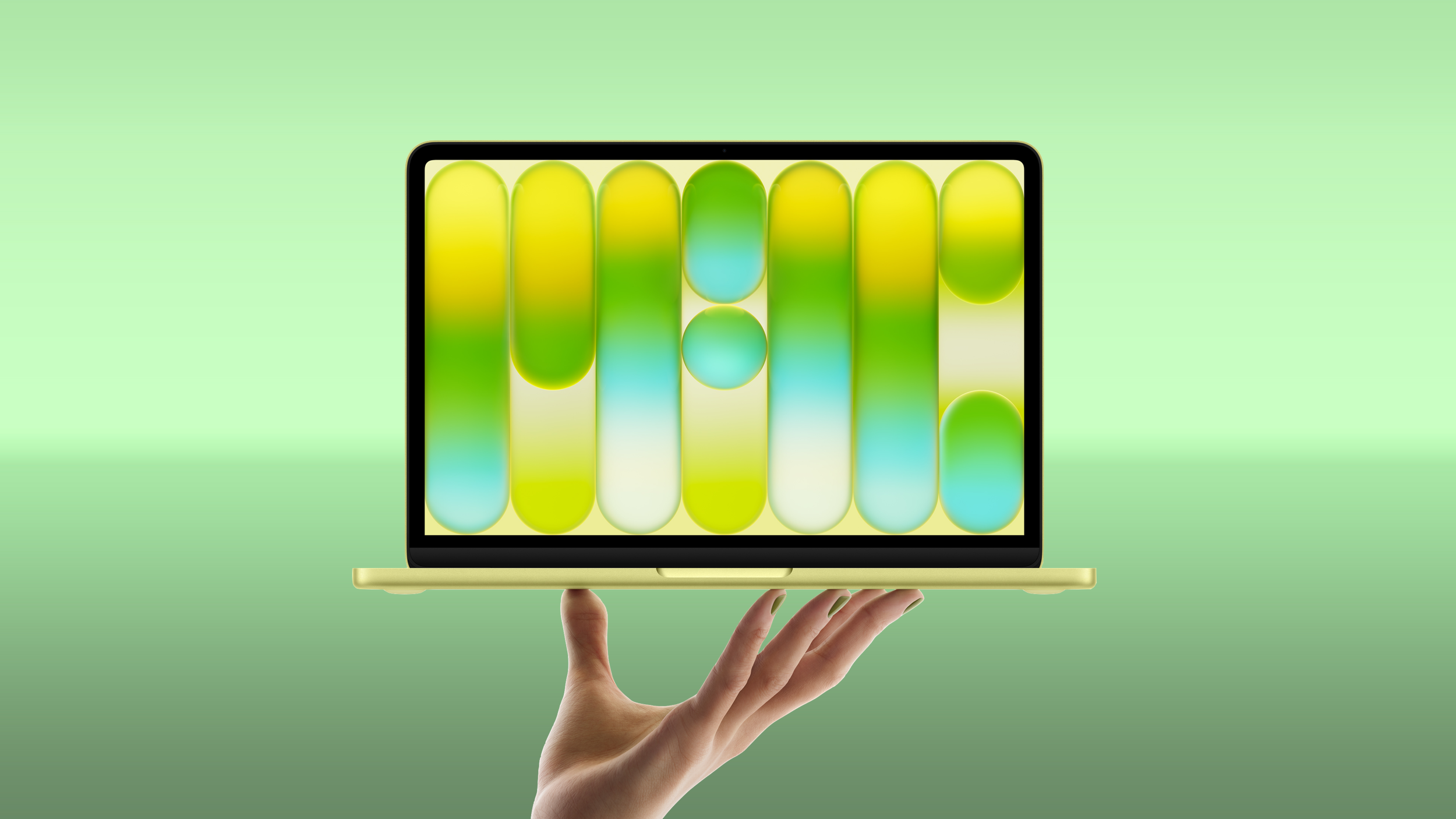 Note: MacRumors is an affiliate partner with Best Buy. When you click a link and make a purchase, we may receive a small payment, which helps us keep the site running.
Note: MacRumors is an affiliate partner with Best Buy. When you click a link and make a purchase, we may receive a small payment, which helps us keep the site running.
In order to get the deal, you need to pre-order any MacBook Neo model at Best Buy with a valid e-mail address. The e-gift card will be sent out after you receive the MacBook Neo, or after you pick it up in a Best Buy store.
Apple announced the MacBook Neo today, and it's now the cheapest MacBook in the lineup starting at $599 and powered by the A18 Pro chip. Apple says it is up to 50% faster for everyday tasks than the bestselling PC with the latest shipping Intel Core Ultra 5, up to 3x faster for on-device AI workloads, and up to 2x faster for tasks like photo editing.
If you're on the hunt for more discounts, be sure to visit our Apple Deals roundup where we recap the best Apple-related bargains of the past week.
Deals Newsletter
Interested in hearing more about the best deals you can find in 2026? Sign up for our Deals Newsletter and we'll keep you updated so you don't miss the biggest deals of the season!
This article, "MacBook Neo Pre-Orders at Best Buy Include Free $25 Gift Card" first appeared on MacRumors.com
Discuss this article in our forums
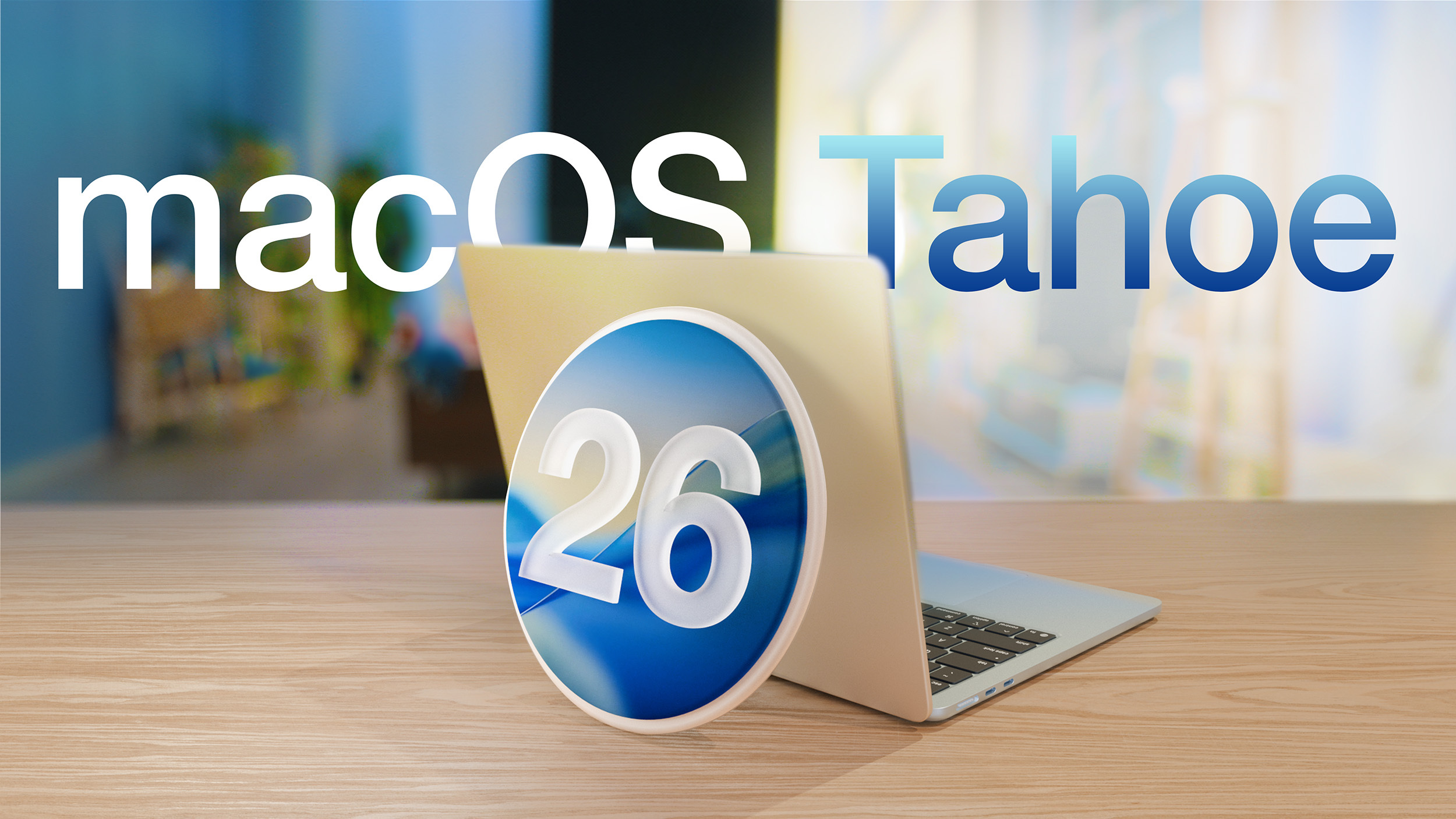
Mac users can download the new software by opening up the System Settings app and navigating to the Software Update section.
According to Apple's release notes for the update, it adds support for the new Studio Display and Studio Display XDR. Apple has also released a firmware update for the new displays.
The new monitors are available for pre-order and will launch on Wednesday, March 11.
This article, "Apple Releases macOS Tahoe 26.3.1 With Support for Studio Display and Studio Display XDR" first appeared on MacRumors.com
Discuss this article in our forums
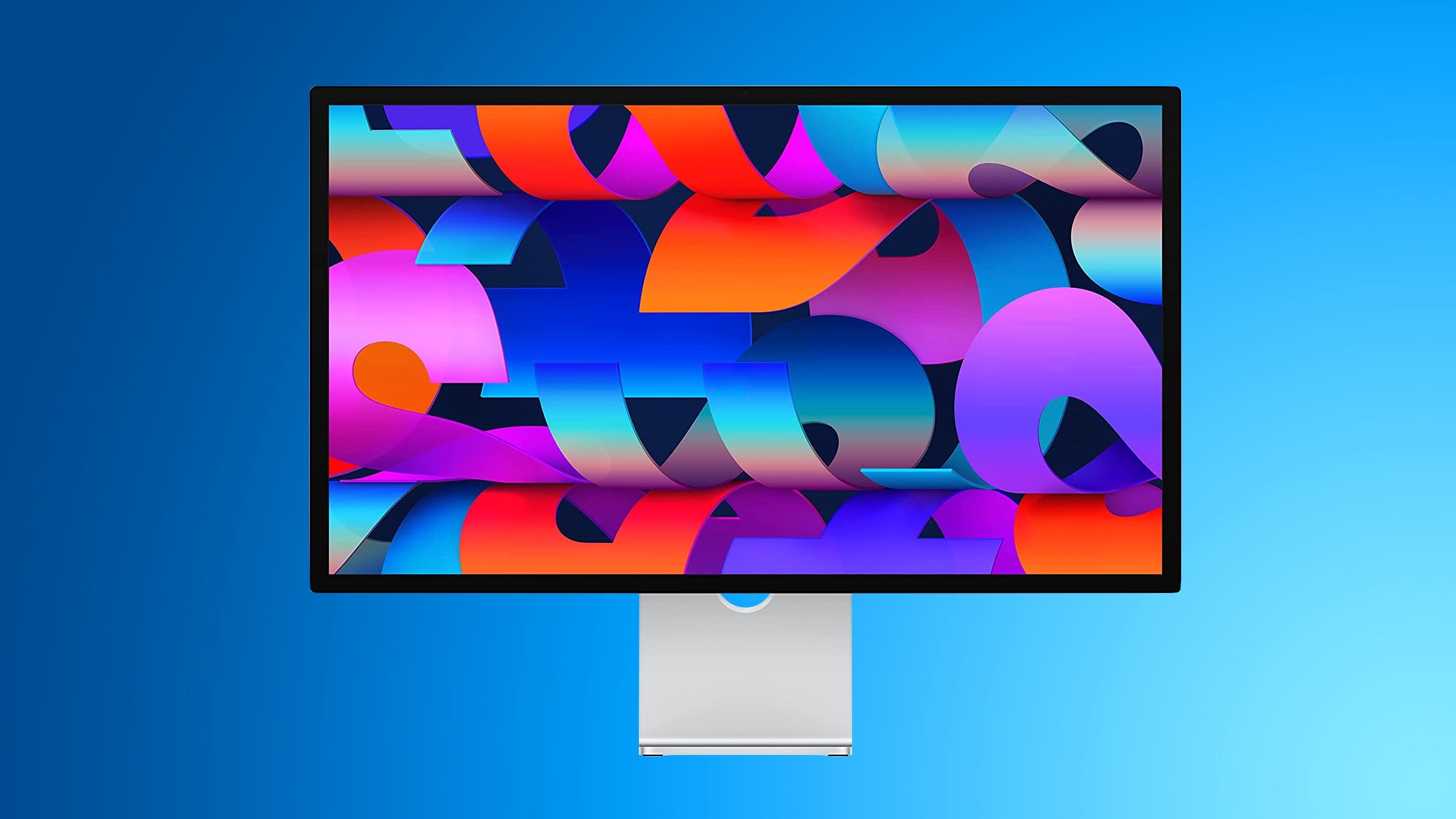
The Studio Display Firmware 26.3 update is only for the new Studio Display options, and it is not available on the older model.
Studio Display firmware can be updated by connecting the display to a Mac and going to System Settings > Software Update.
Pre-orders are available for the Studio Display and Studio Display XDR as of today. Prices start at $1,599.
This article, "New Studio Display and Studio Display XDR Will Have Day One Firmware Update" first appeared on MacRumors.com
Discuss this article in our forums
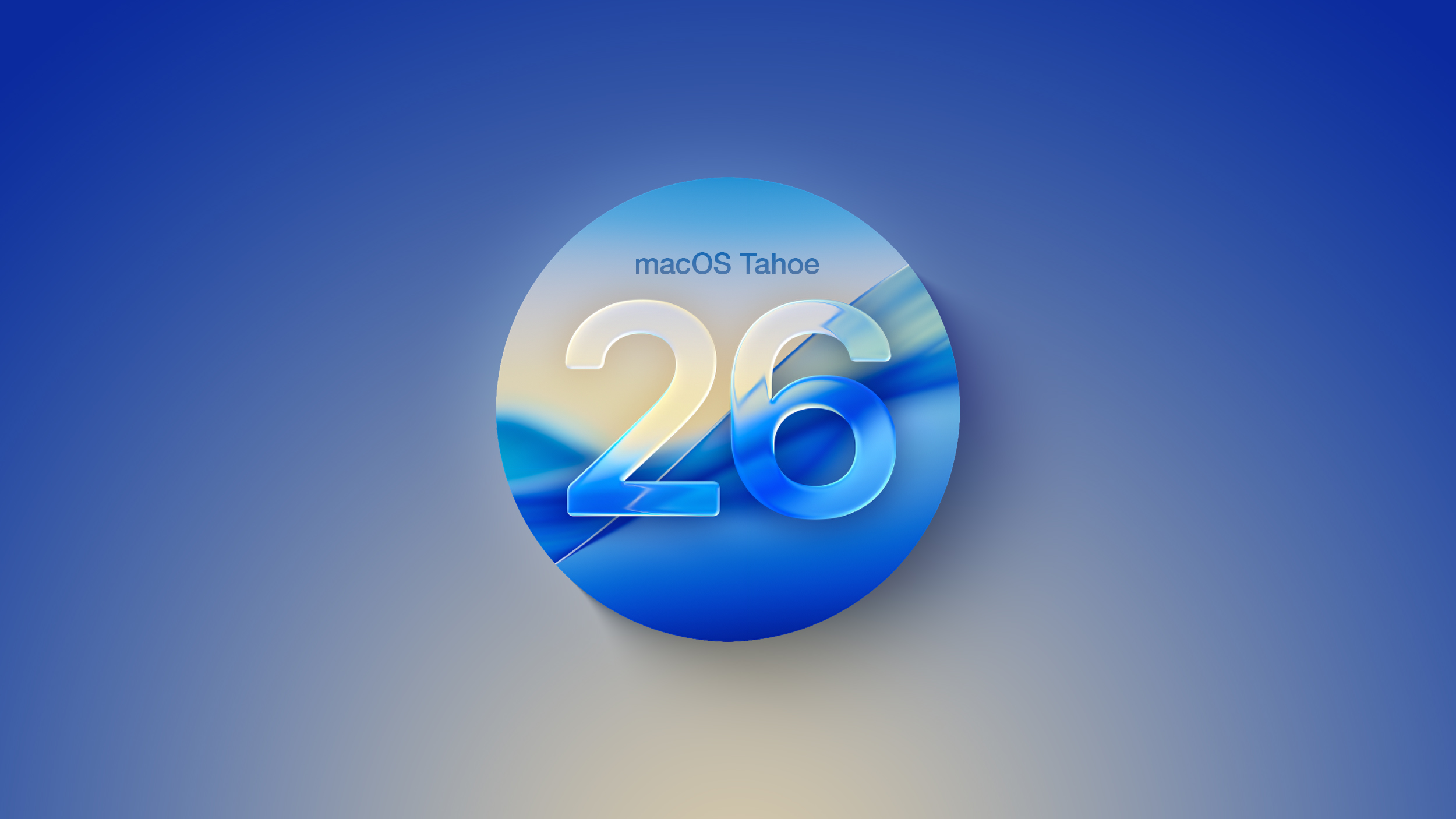
After signing up for beta testing on Apple's beta site, public beta testers can download the updates using the Software Update section in the settings app for each update.
macOS Tahoe 26.4 includes several new features. The Compact tab layout has been reimplemented in Safari for those who missed having the option in earlier versions of macOS Tahoe, and there is a new Charge Limit feature that lets Mac users select a maximum charge level that ranges from 80 percent to 100 percent.
Apple silicon Mac users will see now see warnings about apps that are still using Rosetta 2, because Apple is phasing out Rosetta after macOS 27. macOS Tahoe is also the final version of macOS that will run on Intel-based Macs, and Apple is working to remove all lingering Intel features.
We could see additional features in upcoming versions of macOS Tahoe 26.4, such as new emoji characters. Apple is expected to test the update for the next several weeks, with a launch planned for the spring.
This article, "Apple Releases Third macOS Tahoe 26.4 Public Beta" first appeared on MacRumors.com
Discuss this article in our forums
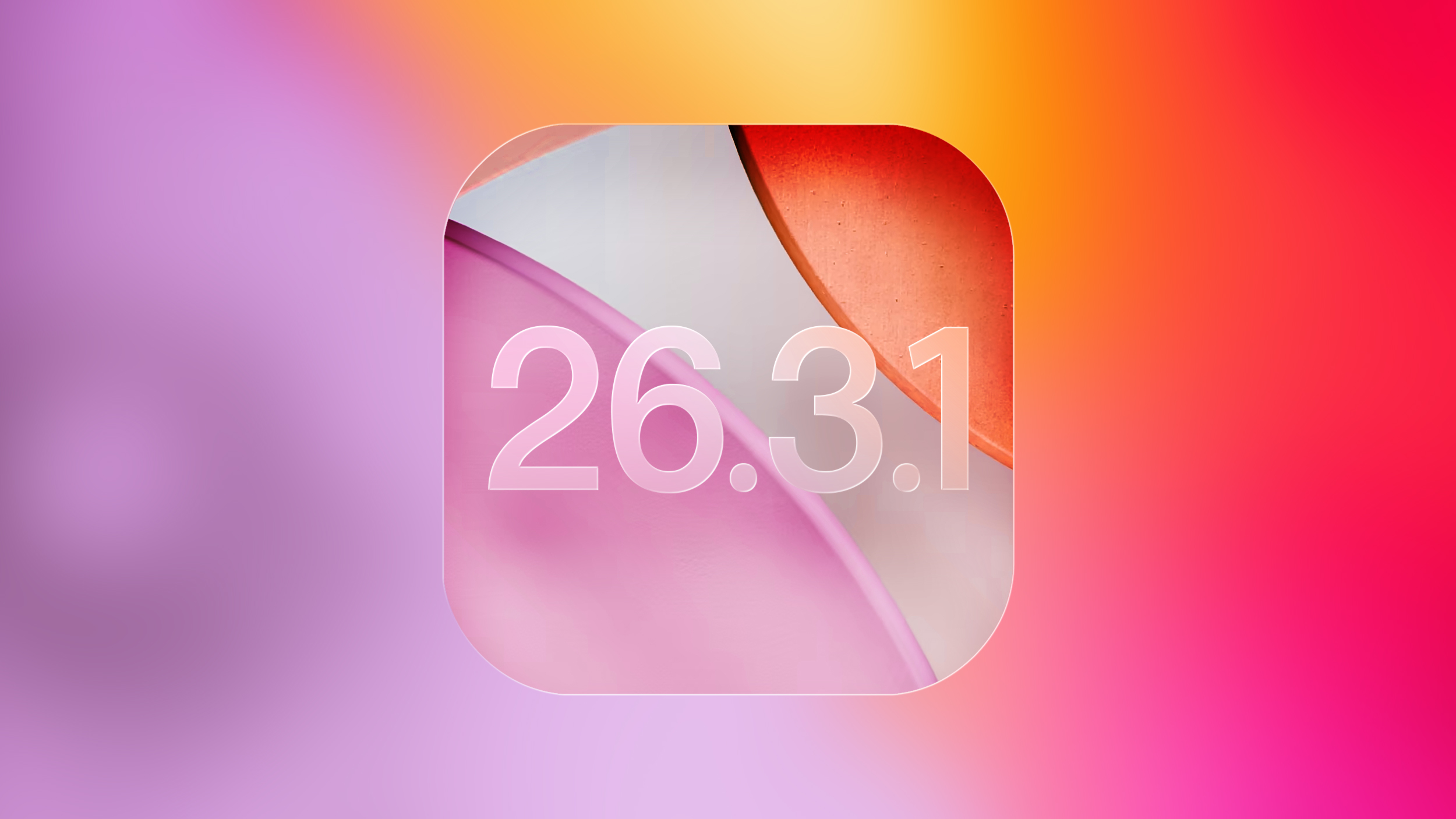
The new software can be downloaded on eligible iPhones and iPads over-the-air by going to Settings > General > Software Update.
According to Apple's release notes, the update adds support for the new Studio Display and Studio Display XDR, and it includes unspecified bug fixes.
Apple is also beta testing iOS 26.4 and iPadOS 26.4, major updates that are set to come out this spring.
This article, "Apple Releases iOS 26.3.1 and iPadOS 26.3.1 With Bug Fixes and Studio Display Support" first appeared on MacRumors.com
Discuss this article in our forums
Apple today unveiled the all-new, budget-friendly MacBook Neo. Media members got hands-on time with the new laptop and other Apple…
The post Video: Going hands-on with Apple’s all-new MacBook Neo appeared first on MacDailyNews.
The MacBook Neo looks and feels a lot like the MacBook Air, because it's almost the same size and has an aluminum chassis. It's thicker than the MacBook Air, but it has a 13-inch display, and it also weighs 2.7 pounds.
Apple designed the MacBook Neo from the ground up, and it comes in some fun colors like Silver, Indigo, Blush, and Citrus. Each of the notebooks has a color matched keyboard and trackpad, but the keyboard has no backlighting and the trackpad isn't the higher-end Force Touch trackpad Apple uses in its other Macs. It's a physical trackpad with an actual click rather than haptic feedback for presses.
There is no notch, with Apple instead adopting an iPad-style design with thicker bezels that house the front-facing camera. Speakers are located on the exterior sides of the device, which is new, and Spatial Audio is supported. The MacBook Neo has a bit of a cheaper feel compared to the MacBook Air or MacBook Pro because of the thicker bezels and the changes to the trackpad, but it is still an excellent machine for the price.
Apple used the A18 Pro chip in the MacBook Neo, which is technically an iPhone chip. It was first introduced in the iPhone 16 Pro, and while it's a powerful chip, it doesn't match the performance of Apple's newer M-series chips. There's only 8GB RAM included, and 60GB/s memory bandwidth, half that of the MacBook Air.
Apple says the MacBook Neo is up to 50 percent faster for everyday tasks than the bestselling PC with an Intel Core Ultra 5 chip, which is an apt comparison because this is aimed at people who might instead buy a lower-cost Windows laptop or Chromebook. The MacBook Neo is up to two times faster at photo editing, and three times faster when it comes to on-device AI workloads, according to Apple.
You get a Retina quality display, but only 500 nits brightness and no add-on features like True Tone or P3 Wide color. There are two USB-C ports, but only one is USB3 with DisplayPort 1.4 support. You can connect a single 4K 60Hz display to the MacBook Neo.
Battery life is a little low for a device the size of a MacBook Air with an A-series chip, and it lasts for up to 16 hours. Bluetooth 6 and Wi-Fi 6E are supported, so it is compatible with 6GHz networks.
We'll have more in-depth hands-on coverage of the MacBook Neo and Apple's other new products next week.
This article, "Hands-On With the New MacBook Neo" first appeared on MacRumors.com
Discuss this article in our forums
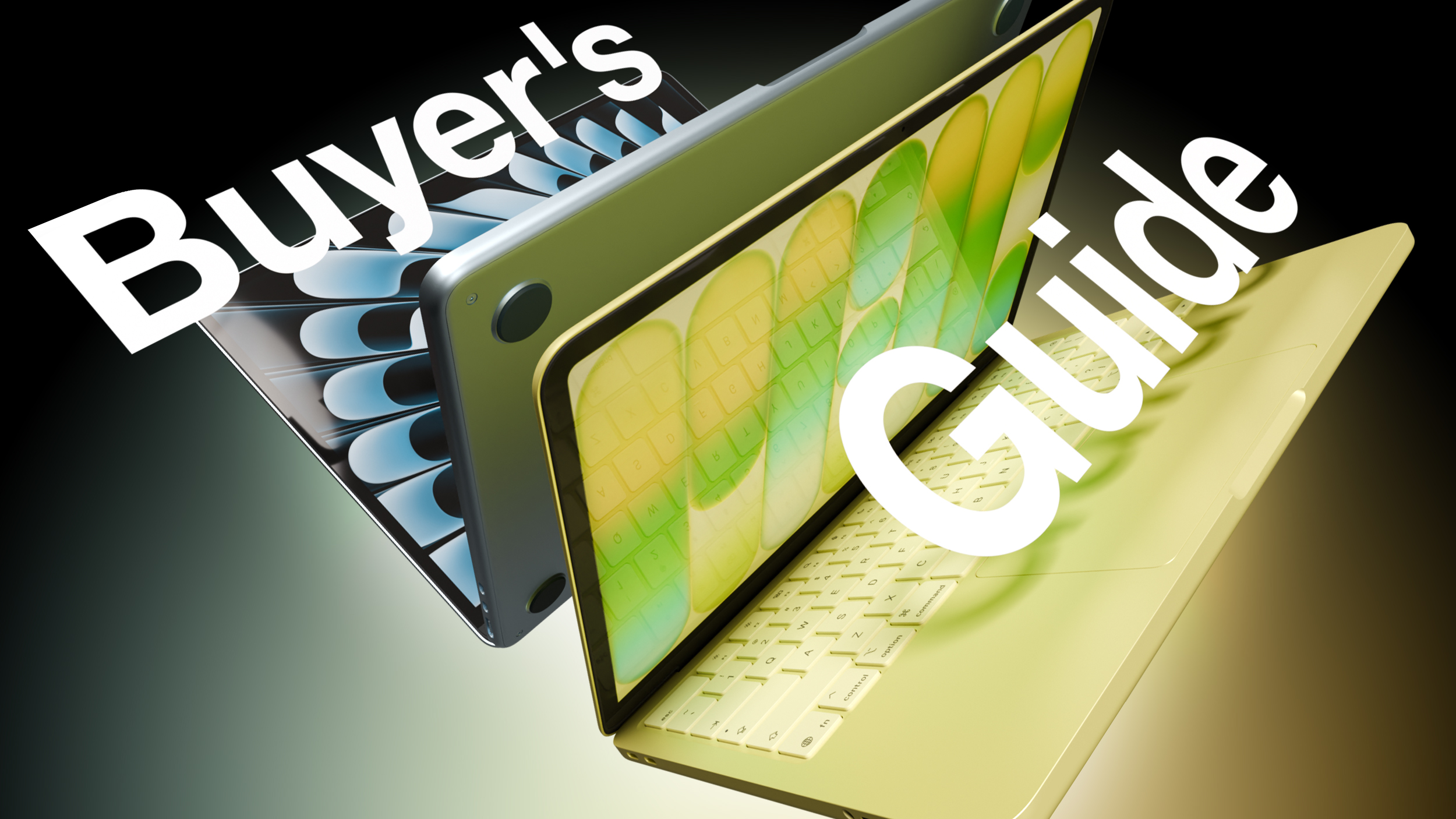
Apple's introduction of the MacBook Neo expands the company's laptop lineup with a far more affordable entry point, sitting well below the MacBook Air in both price and capability. While the two machines share a similar size and lightweight design, they are aimed at very different types of users. The MacBook Neo focuses on delivering the essentials of the Mac experience at the lowest possible cost, while the MacBook Air offers significantly more performance, features, and flexibility.
Design
The MacBook Neo and the 13-inch MacBook Air have similar dimensions. The MacBook Air remains thinner, but the MacBook Neo has a slightly smaller overall footprint owing to its smaller display. Both machines weigh 2.7 pounds (1.23 kg).
| MacBook Neo | MacBook Air | |
|---|---|---|
| Height | 0.50 inch (1.27 cm) | 0.44 inch (1.13 cm) |
| Width | 11.71 inches (29.75 cm) | 11.97 inches (30.41 cm) |
| Depth | 8.12 inches (20.64 cm) | 8.46 inches (21.5 cm) |
There are still some notable design differences. The MacBook Neo does not have a backlit keyboard or a haptic trackpad, and only has Touch ID when configured with 512GB of storage for an extra $100. They are also available in different selections of color options, with the MacBook Neo's color extending to the Magic Keyboard in a lighter shade.
| MacBook Neo | MacBook Air |
|---|---|
| Available in Silver, Blush, Indigo, and Citrus | Available in Silver, Sky Blue, Midnight, and Starlight |
| Touch ID on 512GB models only | Touch ID |
| Magic Keyboard or Magic Keyboard with Touch ID | Backlit Magic Keyboard with Touch ID |
| Color-matched Magic Keyboard | Black Magic Keyboard |
| Mechanical Multi-Touch trackpad | Haptic Force Touch trackpad with pressure-sensing capabilities |
| Display "notch" |
Display
The MacBook Air's display is slightly larger and supports True Tone and P3 wide color. Both are Liquid Retina displays with 500 nits of brightness.
| MacBook Neo | MacBook Air |
|---|---|
| 13-inch Liquid Retina display | 13.6-inch Liquid Retina display
(15-inch model also available) |
| 2408 by 1506 pixel resolution | 2560 by 1664 pixel resolution |
| sRGB | Wide color (P3) |
| True Tone technology | |
| Thicker display borders | Slimmer display borders |
Performance
The MacBook Neo is Apple's first Mac to contain an iPhone chip. The A18 Pro is still a capable chip, but the M5 is around 20% faster for single-core tasks and 80% faster for multi-core tasks. The M5 chip also has more than double the GPU throughput of the A18 Pro and features Neural Accelerators.
| MacBook Neo | MacBook Air |
|---|---|
| Apple A18 Pro chip | Apple M5 chip |
| Made with TSMC's second-generation 3nm process (N3E) | Made with TSMC's third-generation 3nm process (N3P) |
| 6-core CPU | 10-core CPU |
| 5-core GPU | 8-core GPU |
| Neural Accelerators | |
| 8GB unified memory | 16GB, 24GB, or 32GB unified memory |
| 60GB/s memory bandwidth | 153GB/s memory bandwidth |
Battery and Charging
The MacBook Air has up to two hours of extra battery life over the MacBook Neo, along with support for charging via MagSafe 3 and fast charging.
| MacBook Neo | MacBook Air |
|---|---|
| Integrated 36.5-watt-hour lithium-ion battery | Integrated 53.8-watt-hour lithium-polymer battery |
| 16-hour battery life | 18-hour battery life |
| MagSafe 3 charging | |
| Fast-charge capable with 70W USB-C Power Adapter or higher | |
| Comes with 20W USB-C Power Adapter | Comes with 40W Dynamic Power Adapter with 60W Max |
Cameras, Speakers, and Microphones
The MacBook Air has a superior array of camera and audio hardware, resulting in a slightly better experience with video calls, listening to music, and recording audio.
| MacBook Neo | MacBook Air |
|---|---|
| 1080p FaceTime HD camera | 12MP Center Stage camera |
| LED webcam indicator light | |
| Desk View support | |
| Dual-speaker sound system | Four-speaker sound system |
| Spatial Audio with dynamic head tracking when using supported AirPods | |
| Dual-mic array with directional beamforming | Three-mic array with directional beamforming |
Connectivity
The MacBook Neo's connectivity is more limited than that of the MacBook Air. While both have two USB-C ports, the MacBook Air's are considerably more capable in terms of data transfer and external display support.
| MacBook Neo | MacBook Air |
|---|---|
| Wi-Fi 6E connectivity | Wi-Fi 7 connectivity |
| One USB 3 (10 Gb/s) port and one USB 2 port (480 Mb/s) | Two Thunderbolt 4 ports (40 Gb/s) |
| Support for one 4K external display at 60Hz | Support for two 6K external displays up 60Hz or 4K at 144Hz |
| 3.5mm headphone jack | 3.5mm headphone jack with support for high-impedance headphones |
| Magnetic MagSafe 3 charging port |
Other Differences
The most significant difference between the MacBook Neo and the MacBook Air is price: The MacBook Air costs $500 more. It is also much more configurable, with higher amounts of memory and storage available.
| MacBook Neo | MacBook Air |
|---|---|
| Ambient light sensor | |
| 256GB or 512GB storage | 512GB, 1TB, 2TB, or 4TB storage |
| Starts at $599 | Starts at $1,099 |
Which to Choose?
Choosing between the MacBook Neo and the MacBook Air primarily comes down to how demanding your needs are and how much you want to spend. The MacBook Neo is clearly positioned as Apple's most accessible notebook, delivering the core Mac experience at the lowest possible price. For users who primarily need a reliable computer for basic everyday tasks, the Neo provides enough performance. Its lower cost also makes it an appealing option for households purchasing multiple computers, such as for kids or family use.
For first-time Mac owners, the MacBook Neo is also likely to be the most sensible starting point. It offers the same software experience as Apple's more expensive laptops, allowing new users to explore the platform without a large financial commitment. In many cases, buyers moving from inexpensive Windows laptops or Chromebooks will find the Neo significantly faster and better built than devices in the same price range.
The MacBook Air, by contrast, is aimed at users who expect higher performance, greater longevity, and a more feature-rich, premium experience. Its more powerful M5 chip, memory options, larger display, and significantly more capable connectivity make it far better suited to multitasking, professional workloads, and creative applications. Users who regularly work with large files, run demanding software, connect multiple external displays, or want a machine that will remain comfortable to use for many years will benefit from choosing the Air.
In practical terms, the MacBook Neo is best viewed as a budget entry point into the Mac lineup, while the MacBook Air remains Apple's mainstream ultraportable for most people. Buyers who simply want a dependable Mac for everyday computing can save money with the Neo, but those who want stronger performance, better hardware features, and a laptop that will scale to more demanding tasks over time should consider spending the extra money on the MacBook Air.
This article, "MacBook Neo vs. MacBook Air Buyer's Guide: 40 Differences Compared" first appeared on MacRumors.com
Discuss this article in our forums
Apple's MacBook Neo, isn't just another laptop — it's a calculated strike at the heart of the affordable computing market. This $599…
The post Apple’s MacBook Neo just made Chromebooks obsolete appeared first on MacDailyNews.
Apple today unveiled MacBook Neo, an all-new laptop that delivers the magic of the Mac at a breakthrough price, making it even more…
The post Apple unveils all-new MacBook Neo starting at just $599 appeared first on MacDailyNews.
Apple today unveiled the M5 Pro and M5 Max, the latest additions to the M5 family. Traditionally, Pro and Max variants simply scale up…
The post Big leap in Apple Silicon: M5 Pro, M5 Max fuse chiplets, add third core design appeared first on MacDailyNews.
A European Union Declaration of Conformity document briefly listed an unreleased device as the "MacBook Neo" with model number A3404…
The post Apple accidentally leaks ‘MacBook Neo’ in EU regulatory filing ahead of tomorrow’s expected launch appeared first on MacDailyNews.
Roku has partnered with Apple to integrate the Apple TV subscription service into its Premium Subscriptions lineup on The Roku Channel…
The post Roku lands Apple TV: Seamless sign-up and discovery on The Roku Channel appeared first on MacDailyNews.
The Apple TV series "Palm Royale" has been canceled. The Emmy-nominated dramedy, starring Kristen Wiig and featuring an acclaimed…
The post Apple TV cancels ‘Palm Royale’ after two seasons appeared first on MacDailyNews.
Apple today announced the new MacBook Air with M5, bringing exceptional performance and expanded AI capabilities to the world’s…
The post Apple launches the insanely fast M5 MacBook Air appeared first on MacDailyNews.
Apple today announced the latest 14- and 16-inch MacBook Pro with the all-new M5 Pro and M5 Max, bringing game-changing performance…
The post Apple unveils blazing-fast MacBook Pro with all‑new M5 Pro and M5 Max appeared first on MacDailyNews.
Apple today announced M5 Pro and M5 Max, the world’s most advanced chips for pro laptops, powering the new MacBook Pro. The chips are…
The post Apple debuts powerful M5 Pro and M5 Max systems on a chip appeared first on MacDailyNews.
The new Studio Display features a 12MP Center Stage camera, now with improved image quality and support for Desk View; a studio-quality…
The post Apple unveils new Studio Display and all-new Studio Display XDR appeared first on MacDailyNews.
T-Mobile is launching a series of compelling offers tied to Apple's newly announced iPhone 17e and updated iPad Air, emphasizing immediate…
The post T-Mobile rolls out aggressive deals on Apple’s new iPhone 17e and M4 iPad Air appeared first on MacDailyNews.
Apple has instructed its retail stores to prepare for a significant customer influx tied to products debuting this week. Some store employees…
The post Apple Retail Stores prepare for major crowds fueled by blockbuster new product releases this week appeared first on MacDailyNews.
Apple’s forthcoming touch-screen MacBook Pro will demonstrate that the company remains nowhere near merging the Mac and iPad lines…
The post Apple’s upcoming touch-screen MacBook Pro won’t be a ‘MacPad’ appeared first on MacDailyNews.
Paramount CEO David Ellison announced on a Monday investor conference call that Paramount+ and HBO Max would merge into a single…
The post HBO Max and Paramount+ to merge into one streaming service appeared first on MacDailyNews.